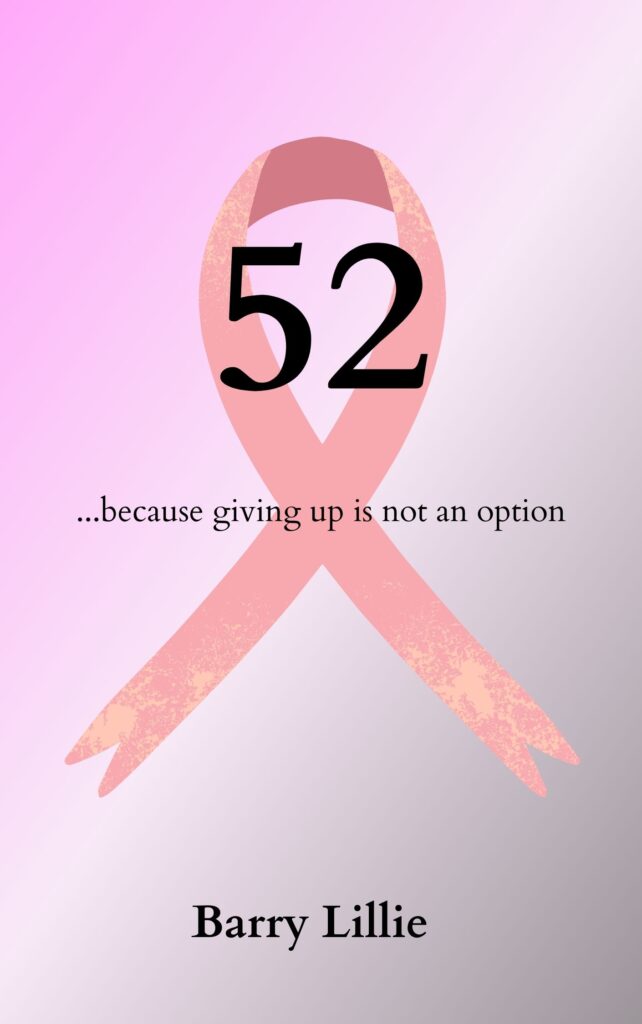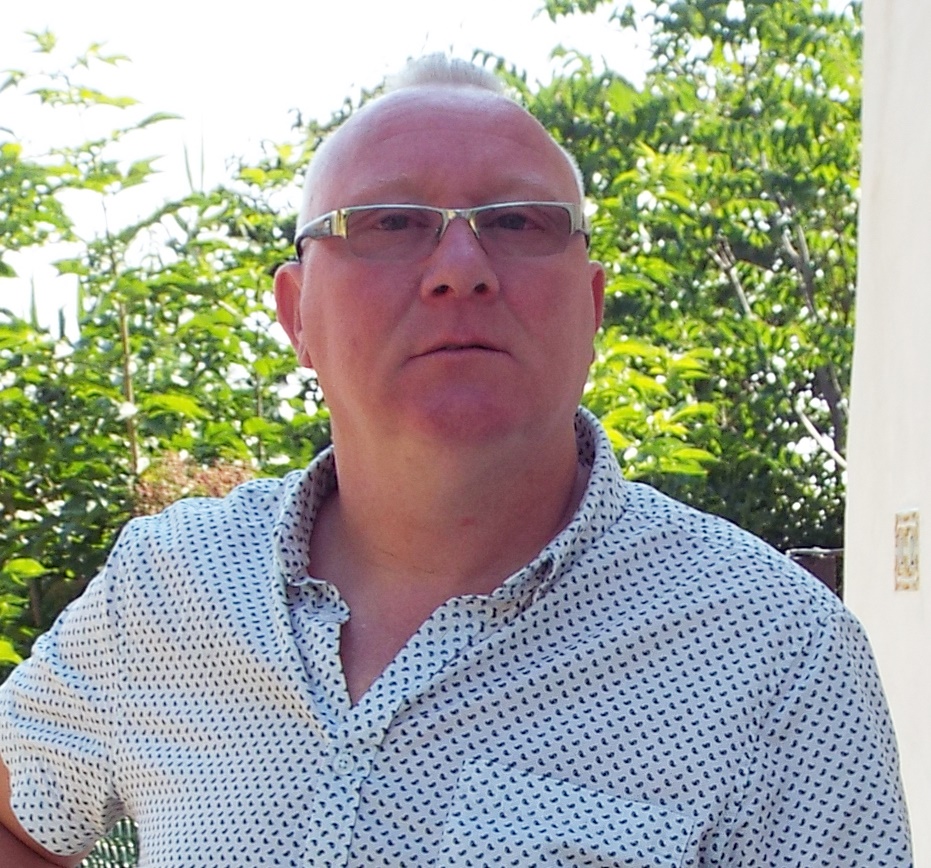

Do you play music while you write — and, if so, what’s your favorite?
I am unable to write in complete silence, I find it stifles my creative process as my mind wanders and I’m more likely to become distracted. I have always worked with music playing, I have my iPod on shuffle as I write. I may not be actively listening to the music as it shuffles between genres (and there’s so many in my music collection). This said my favorite music to work to is traditional disco with horns and strings from 1976-1978 but, sometimes a song will play that has me singing or dancing along and this becomes my creative breaktime for several minutes giving my mind and keyboard some respite.
Have you ever considered writing under a pseudonym, and why or why not?
If I was to pigeonhole my work I’d say the industry would list it as ‘female fiction’ and I’ve come up against ‘men can’t write from a woman’s POV’ so many times that I’ve thought of swapping over my first and last name or choosing a pseudonym. However as I have a tenacious, often rebellious streak I’m determined to prove the gender analogy wrong. William Newton and Helen Watt both criticised the attempt to draw an analogy between gender recognition and this is enough to sustain me in my quest for acceptance in my chosen genre.
What advice would you give to a writer working on their first book? What are common traps for new authors?
The best piece of advice I ever received and one I pass on to others is – just keep writing. It’s like trying to ride a bicycle the more you practice the better you get. Writing is a profession that enables you to learn on the job and as long as you do proper research and study the craft alongside creating your own work you’ll become the writer you wish to become. This said, two of the common traps fledgling writers fall into is mimicking other writers’ work. It’s hard not to mirror an author whose work you admire but I believe it’s essential to begin to develop your own style as early as possible. Also don’t feel that you can develop without support, seek out a good writers’ group, particularly one where members give feedback rather than non-constructive praise.
What characters in your book are most similar to you or to people you know?
I think there’s always a little bit of someone we know when we write. In 52, there’s lots of strong women that I remember from my life their ways of communicating. I think there’s lots of people I have known and still know in this story. In my book The Hotel in Italy, there’s similarities to the many people I met whilst living in Italy and although mine are fictional characters I’m sure there’s snippets of them in the text where they’d recognise themselves.
What would you say is your interesting writing quirk?
I think my quirk is that my work is very much dialogue driven, I think people can reveal so much about themselves and their situations through speech. As long as the author portrays dialogue in a natural way and leaves out the superfluous chatter it can be a great device to drive a story along.
When did you first realize you wanted to be a writer?
I’ve always written, It’s not something I consciously decided to do. From a young age I wrote plays that were performed in the street with friends: Nothing complex mostly Scooby Doo storylines. I progressed through to stories in school and it sort of continued from there. I wrote plays initially for theatre companies. I moved from there into magazine and trade journal features but always kept my fiction hand in the pot so to speak. I now only write fiction with the occasional theatre commission. I call myself a writer as I find the author claustrophobic, writer means I can produce work outside the commercial fiction world if I choose to. So I’m a weaver of words, creating a story like a tapestry, full of colour, some intricate stitches and a running thread of humour.
How many hours a day do you write?
I try to sit down and write for at least 5 hours a day, with a day away from the keyboard each week. I write during the day, usually starting at around 10:00 am, I find I’m not productive during the evening or at night so rarely write after 5:00 pm.
How did you come up with the title for your book?
Some titles come in an instant as you’re working on the plot and characters before you’ve written a single sentence. 52 was easy as it signifies the 52 weeks the book passes through. Widows United was another easy title, it seemed to write itself however I struggled with my book set in Abruzzo, Italy. It had many titles before I settled on the simplistic, The Hotel in Italy. My current WIP is The Vodka and Cranberry Club because it’s a drink favoured by the three main characters.
How do you develop your plot and characters?
I’m a planner, from idea to writing I will have planned character names, places, dates and traits. I like to use Excel to record these details. I will devise the plot into sizeable chunks (chapters) and even write some dialogue and drafts of portions of these future chapters. I find it’s easier for me to keep track; it’s that old adage of, if you know where you’re going the journey is smoother.
Where do you get your information or ideas for your books?
In 1976 Kim Carnes and Dave Ellingson wrote the song, Love Comes From Unexpected Places, and the same can be said for stories. I have a file on my PC titled, The Idea Generator and it’s full of snippets of conversations I’ve heard, messages I’ve received and such like. I love to observe the world around me and keep notes. 99% of the time these will amount to nothing, but every now and then a nugget is hidden among the files that leads to a greater idea and eventually a plot. For example, Widows United went from a chance remark by a friend to growing into a 105,000 word novel.
www.barrylillie.com